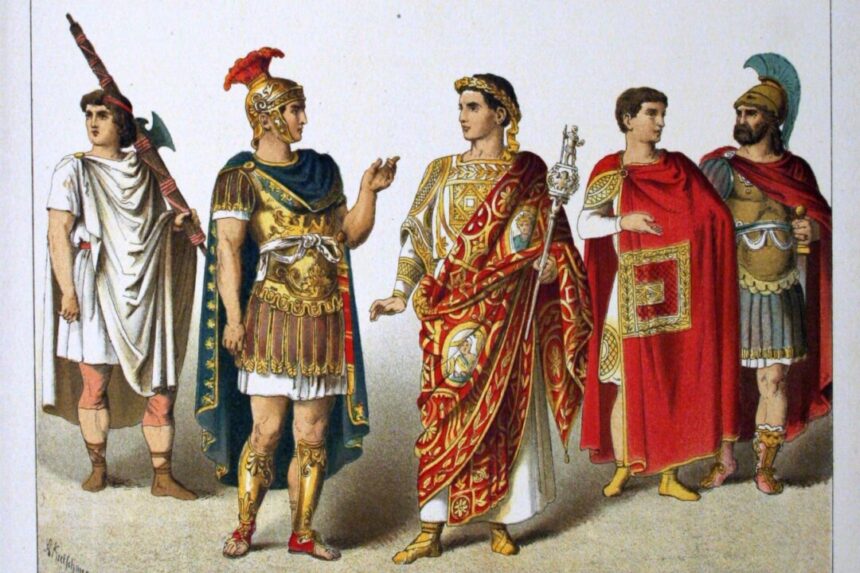Commentary
We are witnessing a return to the fundamental principles of citizenship. For many generations, the idea of citizenship in the United States was not a topic of much contemplation. However, today, it is one of the most critical factors in shaping the future of our country and the world.
In Ancient Rome, being a citizen meant being free. Citizenship was passed down through family lineage, granting individuals a stake in the governance of the regime, rights, representation, and certain benefits. Non-citizens included slaves, merchants, workers, peasants, foreigners, and immigrants. Citizenship was a privilege bestowed upon a select few and was more of a collective concept than an individual right.
Following the fall of Rome, citizenship faded away and gave rise to feudal systems and absolute monarchies. It was only during the Renaissance and the subsequent commercial and intellectual revolutions that the modern concept of citizenship emerged. This new form of citizenship granted individuals unprecedented freedoms and rights, allowing them to make choices independently of community and family constraints.
The 17th and 18th centuries saw the codification of citizen rights in documents like the Bill of Rights and the Declaration of the Rights of Man. By the end of the 19th century, a global consensus had formed around the idea of citizenship within defined nation states, where citizens had the right to influence their government through elections and adherence to laws.
Citizenship required literacy in national history, language proficiency, adherence to laws, and a commitment to the nation’s values and aspirations. The most significant privilege of citizenship was the right to vote, allowing citizens to participate in the democratic process and hold their representatives accountable.
It is clear that the concept of citizenship is integral to the functioning of a democratic society, providing individuals with agency and the ability to shape the direction of their government.
The concept of citizenship has ancient roots but was revitalized in the modern era, particularly in the 16th century, as the cornerstone of organizing politics and society. Aristotle defined a citizen as someone who has the power to participate in the administration of a state, emphasizing the importance of citizenship in maintaining social order.
The breakdown of the notion of citizenship would lead to chaos, leaving the state and society vulnerable to tyranny and violence. Citizenship acts as a glue that prevents society from descending into uncivilized chaos.
Three key observations emerge from the importance of citizenship. Firstly, global citizenship is impractical as governments are not global entities. Secondly, not everyone can be granted citizenship arbitrarily as it would disrupt the coherence of the system. Lastly, only citizens should have the right to vote in elections that impact civic affairs.
A recent Supreme Court case in Virginia highlighted the need to remove noncitizens from voter rolls, with three justices dissenting. This dissent raises concerns about the erosion of the concept of citizenship and the potential manipulation of election outcomes through noncitizen voting.
Preserving the integrity of citizenship is crucial to maintaining a civilized society. Failing to do so could result in the manipulation of election outcomes and a departure from centuries-old principles of civilized life. It is essential to address these issues before it is too late.
Please note that the views expressed in this article are the author’s opinions and do not necessarily reflect those of The Epoch Times.
Source link





